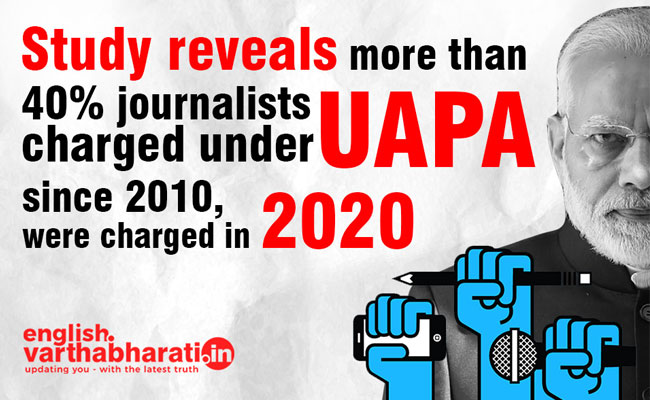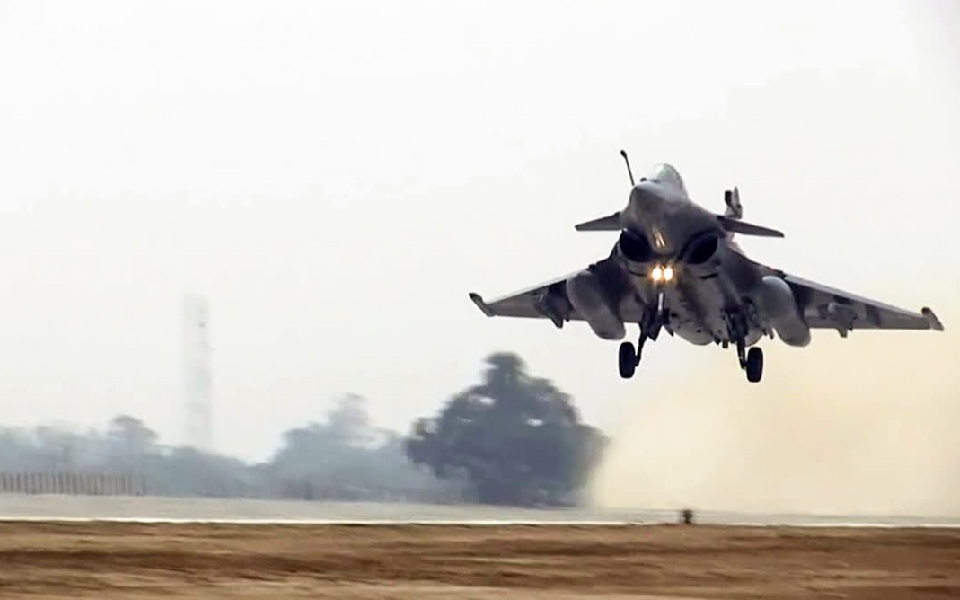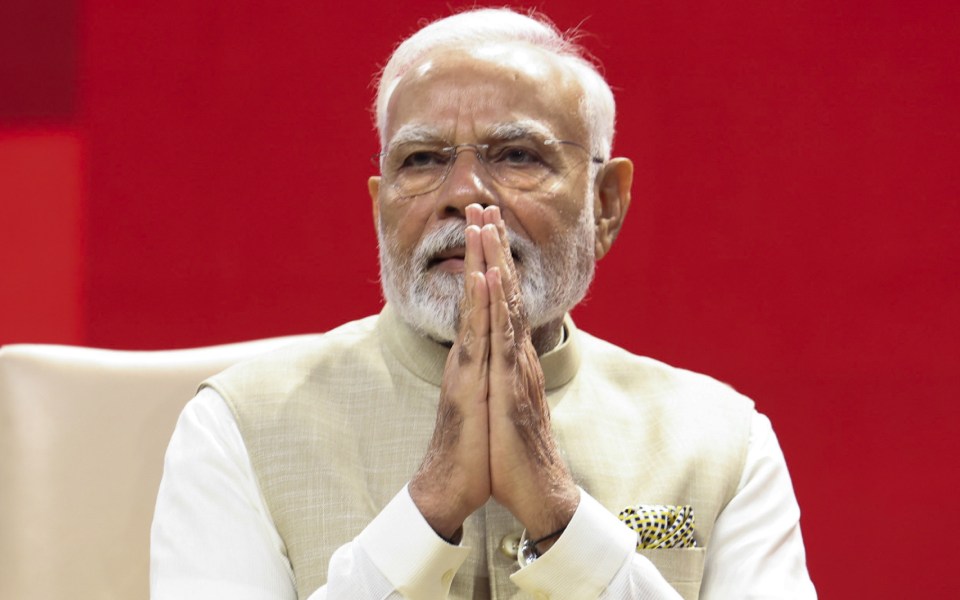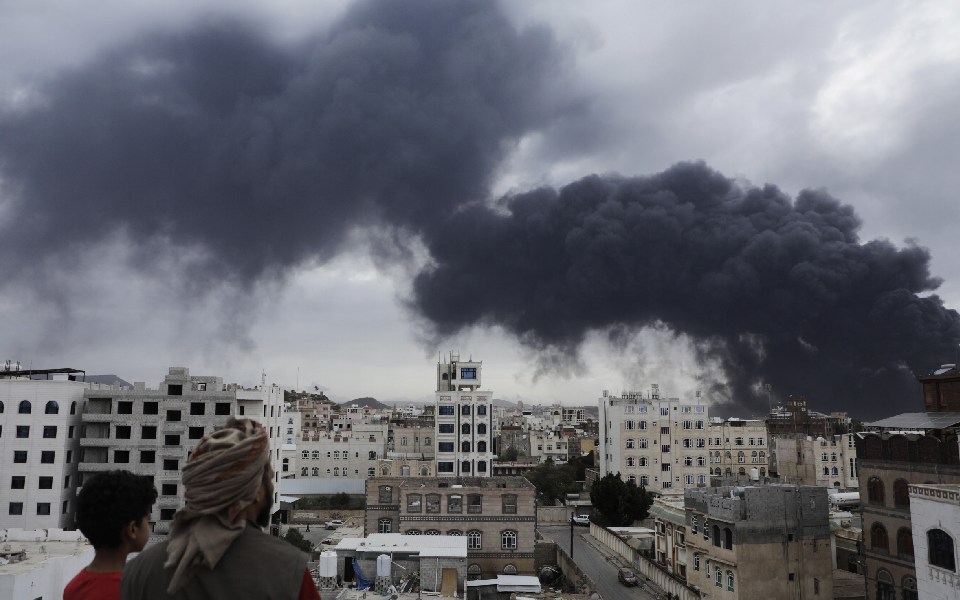The increasing number of journalists facing charges under the Unlawful Activities (Prevention) Act, 1967 (UAPA) in India has raised significant concerns about the state of press freedom in the country. Since 2010, a total of 16 journalists have been charged under the draconian UAPA, a law initially designed to curb terrorist activities. However, its recent application against journalists investigating various issues has raised questions about the criminalization of legitimate journalistic work and the stifling impact on their profession.
The UAPA's punitive process, aimed at making incarceration the norm and bail the exception, has led to prolonged legal battles for those charged. Out of the 16 journalists charged, two managed to secure their freedom, one through acquittal and the other via discharge. Over the past decade, charges related to patriotism, national security, and alleged anti-national activities have been included in the UAPA arsenal, exemplified by the recent arrest of Prabir Purkayastha, the editor of the news portal Newsclick.
The First Information Report (FIR) against Purkayastha and the head of its human resources department, Amit Chakravarty, cites multiple sections of the UAPA, including Sections 13 (unlawful activities), 16 (terrorist act), 17 (raising funds for terrorist acts), 18 (conspiracy), and 22 (C) (offenses by companies, trusts), along with Indian Penal Code (IPC) sections 153A (promoting enmity between different groups) and 120B (criminal conspiracy). These charges, often used against journalists, highlight the broader issue of press freedom in the country.
The Free Speech Collective's study, titled "Behind Bars," which analyzed a decade of journalists arrested in India (2010-20), revealed that 154 journalists faced arrest, detention, interrogation, or show cause notices for their professional work. More than 40 percent of these instances occurred in 2020. Additionally, nine foreign journalists faced deportation, arrest, interrogations, or were denied entry into India, further indicating the challenging environment faced by the press.
In a democratic society, journalists serve as messengers of news and information. Silencing them not only hampers their ability to report on vital issues but also compromises citizens' democratic right to access information without fear.
List of Journalists Charged Under UAPA (2010 till date):
- Journalists Currently Charged Under UAPA: 16
- Journalists Behind Bars for UAPA: 7
- Journalists on Bail on UAPA Charges: 8
- Journalists Charged but Not Arrested: 1
- Journalists Acquitted: 1
- Journalists Discharged: 1
Journalists Currently Facing Legal Action:
- Arrested, in Police Custody:
- Prabir Purkayastha, Editor, Newsclick – Arrested on 03.10.2023, New Delhi
- In Prison:
- Aasif Sultan, Reporter, Kashmir Narrator – Arrested on 27.08.2018; Srinagar, Jammu and Kashmir
- Fahad Shah, Editor, The Kashmirwalla – Arrested on 04.02.2022; Pulwama, Jammu and Kashmir
- Sajjad Gul, Trainee Reporter, The Kashmir Walla – Arrested on 05.01.2022; Bandipora district, Jammu and Kashmir
- Rupesh Kumar, Independent Journalist – Arrested on 17.07.2022; Ramgarh district, Jharkhand
- Irfan Mehraj, Editor, Wande Magazine – Arrested on 21.03.2023; Srinagar, Jammu and Kashmir
- Under House Arrest:
- Gautam Navlakha, Writer and Consulting Editor, Newsclick – Placed under house arrest on 30.08.2018; Surrendered and jailed on 20.04.2020; Reverted to house arrest on 19.11.2022
- On Bail (by Order of Arrest Date):
- Seema Azad, Editor Dastak, Prayagraj, Uttar Pradesh – Arrested in February 2010; Granted bail in August 2012; Raided on 06.09.2023
- Vishwa Vijay, Editor Dastak, Prayagraj, Uttar Pradesh – Arrested in February 2010; Granted bail in August 2012; Raided on 06.09.2023
- K K Shahina, Journalist Outlook – Case lodged in December 2010; Granted anticipatory bail in July 2011
- Siddique Kappan, Journalist, Azhimukham, Delhi – Arrested on 05.10.2020; Granted bail in UAPA case on 09.09.2023 and PMLA case on 23.12.2022
- Paojel Chaoba, Executive Editor, The Frontier Manipur, Imphal – Arrested on 17.01.2021; Granted bail on 18.01.2021
- Dhiren Sadokpam, Editor, The Frontier Manipur, Imphal – Arrested on 17.01.2021; Granted bail on 18.01.2021
- Shyam Meera Singh, Independent Journalist, New Delhi – Charged on 10.11.2021; Anticipatory bail granted on 18.11.2021
- Manan Dar, Photojournalist, Srinagar, Jammu and Kashmir – Arrested on 22.10.2021; Secured bail on 04.01.2023
- Charged but Not Arrested:
- Masrat Zahra, Photojournalist, Srinagar – Case registered on 18.04.2020
- Acquitted:
- Santosh Yadav, Bastar, Chhattisgarh – Arrested in September 2015; Acquitted on 02.01.2020
- Discharged:
- Kamran Yousuf, Pulwama, Jammu and Kashmir – Arrested in September 2017; Secured discharge on 16.03.2022
Let the Truth be known. If you read VB and like VB, please be a VB Supporter and Help us deliver the Truth to one and all.
New Delhi, May 6 (PTI): The Indian Air Force will carry out a two-day mega military exercise along the border with Pakistan from Wednesday that will involve all the frontline fighter jets including Rafale, Su-30 and Jaguar aircraft, sources in the defence establishment said on Tuesday.
The exercise is taking place amid heightened tensions between India and Pakistan over the April 22 Pahalgam terror attack that killed 26 people.
India's civil aviation authorities have already issued a Notice to Airmen (NOTAM) for the major air exercise that will largely take place along the southern and western section of the Indo-Pakistan border.
India's frontline fighter jets including the Rafale, Su-30 MKI, MiG-29, Mirage-2000, Tejas and AWACS (Airborne Warning and Control System) aircraft are set to feature in the exercise, the sources said.
In the course of the exercise, the IAF will simulate enemy targets on ground and in the air with deadly precision, they said.
The militaries of both India and Pakistan are on a high alert following rising tensions between the two nations.
Soon after the Pahalgam terror attack, India, citing "cross-border linkages" to the strike, promised severe punishment to those involved in it.
In a high-level meeting with the top defence brass on April 29, Prime Minister Narendra Modi said the armed forces have "complete operational freedom" to decide on the mode, targets and timing of India's response to the terror attack.
Air Chief Marshal A P Singh met Prime Minister Modi on Sunday and the Chief of Air Staff briefed him about the IAF's operational readiness.
On Saturday, Navy Chief Admiral Dinesh K Tripathi apprised the prime minister on the overall situation in the critical sea lanes in the Arabian Sea.





